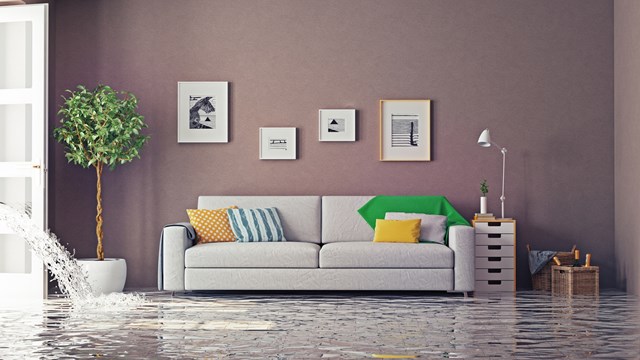Suddenly, one year into this two-year lease, I've received a bill for a sublet fee. Now, I believe, and was led to believe, that the fee my tenant paid was for the entire legal two-year sublet of my apartment. Can a board legally charge a sublet fee by the year? I thought all fees were paid up front when the tenant moved in.
—Double-billed
“Sublet fees are subject to change at the board’s discretion,” Parsont continued. “Although these decisions can be challenged, more often than not, a court will be likely to defer to the board under the ‘business judgment rule.
“It is very common, especially in New York, for buildings to charge a sublet fee of a percentage of the monthly maintenance paid by the shareholder. Moreover, it is very common for a building to charge an annual sublet fee. In fact, many buildings in Manhattan mandate one year sublets that may be renewed for a second year upon the board’s consent. Furthermore, the board has the discretion to request two months maintenance or practically anything else as a fee to sublet your apartment. When you purchase a cooperative or a condominium in New York, you voluntarily subject yourself to the board’s wide discretion in protecting the general welfare and financial stability of the community you have joined.
“Since owner occupancy is an enormous strengthening factor in both cooperatives and condominiums, one way the board preserves the community is to impose sublet fees to discourage transient residence. Upon signing the proprietary lease, you agreed that you were part of this community and would adhere to its rules. One of those rules may be that you have to pay two months maintenance for the right to have a transient subtenant living in your space.
“In order to determine if you have to pay the fee, you must review at least four documents: 1) The proprietary lease is the most important document in any cooperative. No matter what, you should take the time to read it. It will undoubtedly include clauses that come as a surprise to you. 2) You must read the latest set of bylaws. They, together with the proprietary lease, form the fundamental guidelines for what the board can and cannot do. 3) The sublet policy, if it exists, should be available from your management company, and 4) The contracts/applications you filled out with your subtenant and with the board itself. These documents will give you important information on whether the board has imposed an annual sublet fee and whether the board has given you notice of its policy. Make sure to review your contract terms. Go over the application and the contract that you signed with your subtenant. If the contract states that the total fee paid is a one year, one time, fee for the entire two year sublet, then the board has no right to change it mid-contract. However, if upon review, the annual character of the fee is apparent, then unfortunately, you must pay it. However, depending on the papers you signed with your sublet, you may be able to pass it along to the sublet for reimbursement.”







Leave a Comment